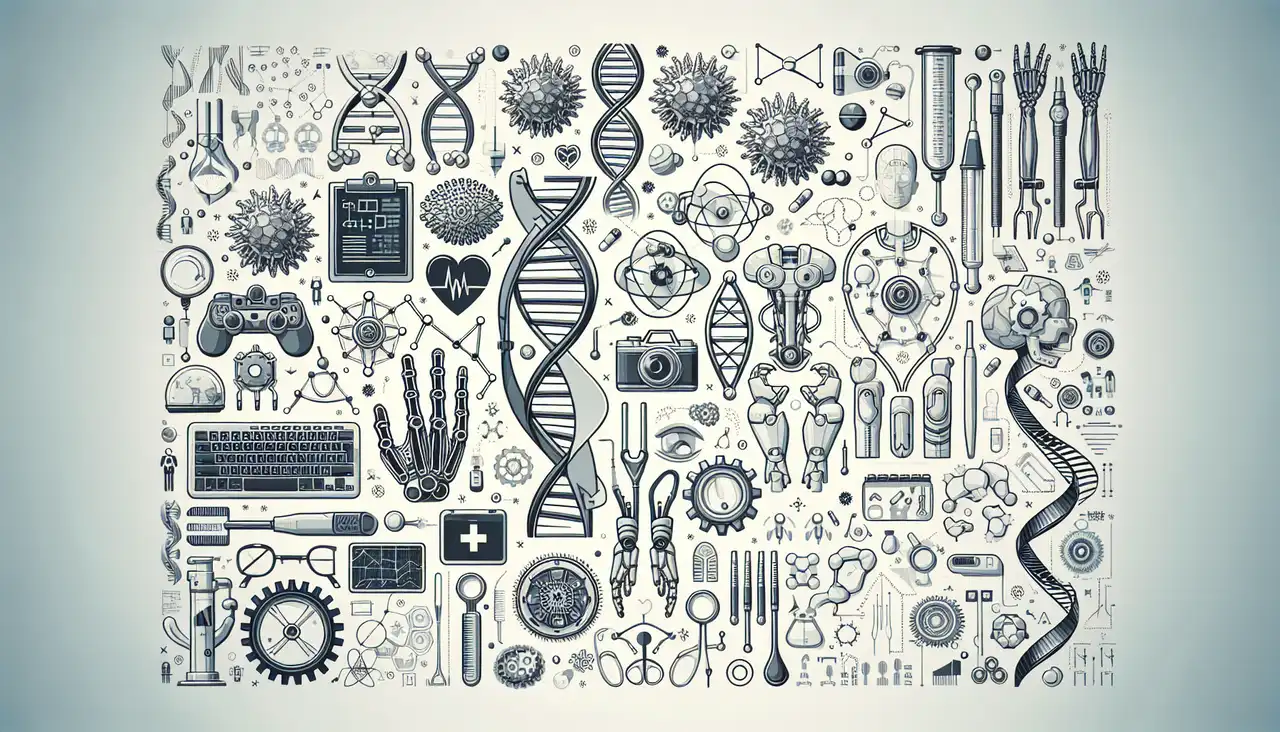

Amber Benezra
Amber Benezra is an esteemed Assistant Professor at Stevens Institute of Technology, where she contributes to the School of Humanities, Arts and Social Sciences. With a PhD in Sociocultural Anthropology, Benezra has carved a niche in exploring the intricate connections between human microbiome studies and biomedical ethics. Her research is particularly focused on the ethical implications of these studies, especially in the context of public health and care. Benezra's pioneering work aims to develop what she terms an "anthropology of microbes," a novel approach that seeks to address pressing global health issues. Her research is especially relevant in resource-poor countries, where health disparities are most pronounced. Through her work, she emphasizes the critical role of gut microbes in understanding malnutrition and social equity, advocating for transdisciplinary collaboration to tackle these complex challenges. In addition to her research, Amber Benezra is a published author, having written the book "Gut Anthro: An Experiment in Thinking with Microbes." This publication reflects her innovative thinking and commitment to advancing knowledge in the field of medical anthropology. Her work has been recognized for its potential to reshape how we understand the relationships between microbes and human health. Beyond her academic pursuits, Benezra is actively involved in institutional and professional service. She serves on various editorial boards and committees related to medical anthropology, contributing her expertise to the broader academic community. Her involvement in these roles underscores her dedication to advancing the field and fostering collaboration among scholars. Amber Benezra's research and service activities highlight her commitment to addressing health disparities and promoting social equity. Her work not only advances academic understanding but also has practical implications for improving public health outcomes, particularly in underserved populations. Through her efforts, she continues to make significant contributions to the fields of anthropology and biomedical ethics.